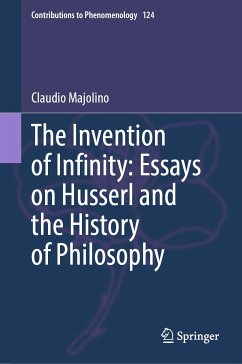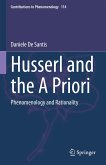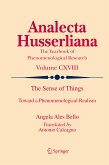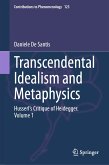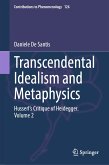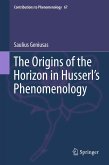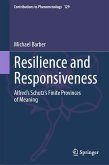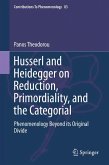This book covers Husserl's stance on the philosopher and the history of philosophy, whether or not such a history is part of the philosophical attitude itself, and if so, how Husserl's phenomenology might weigh in on such matters. Firstly, this text spells out some of the manifold ways in which the history of philosophy works its way in Husserl's phenomenology, showing how concepts, methods and problems drawn from various Ancient and Modern philosophical traditions (Platonism, Aristotelianism, Sophistry, Stoicism, Scholasticism, Modern Rationalism) are transformed and embedded within transcendental phenomenology itself. Secondly, it shows how a better understanding of the distinctive patterns by means of which Husserl's phenomenology confronts the history of philosophy could be extremely significant for historians of philosophy who are interested in learning something entirely new about the unexplored horizons of such concepts, methods and problems. Finally, based on such twofoldhistorical and philosophical approach and thanks to a substantial reinterpretation of some key phenomenological concepts such as "multiplicity", "constitution", "attitude" and "variation", this book provides a novel and original reading of Husserl's overall philosophical project in its full meaning and scope. By doing so, this volume appeals to both students and researchers and critically engages in mainstream interpretations of phenomenology, suggesting a unique take on the idea of transcendental phenomenology as a whole.
Dieser Download kann aus rechtlichen Gründen nur mit Rechnungsadresse in A, B, BG, CY, CZ, D, DK, EW, E, FIN, F, GR, HR, H, IRL, I, LT, L, LR, M, NL, PL, P, R, S, SLO, SK ausgeliefert werden.

